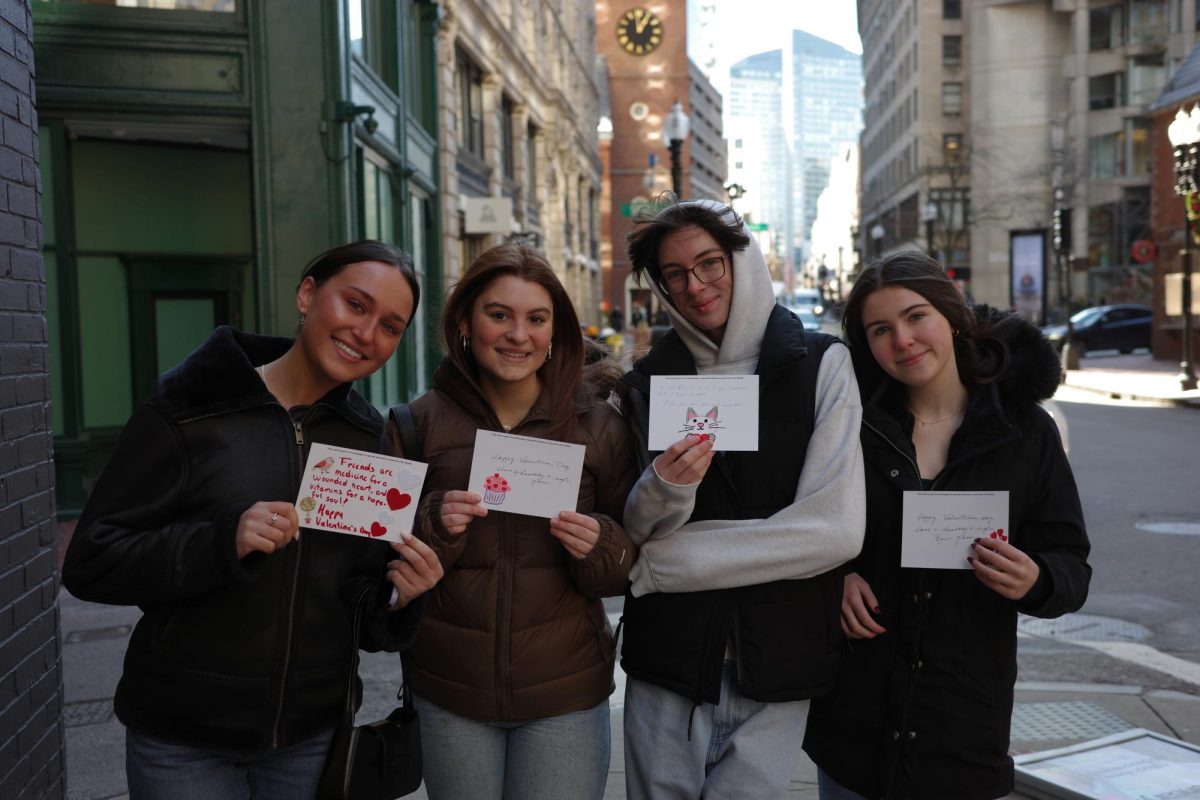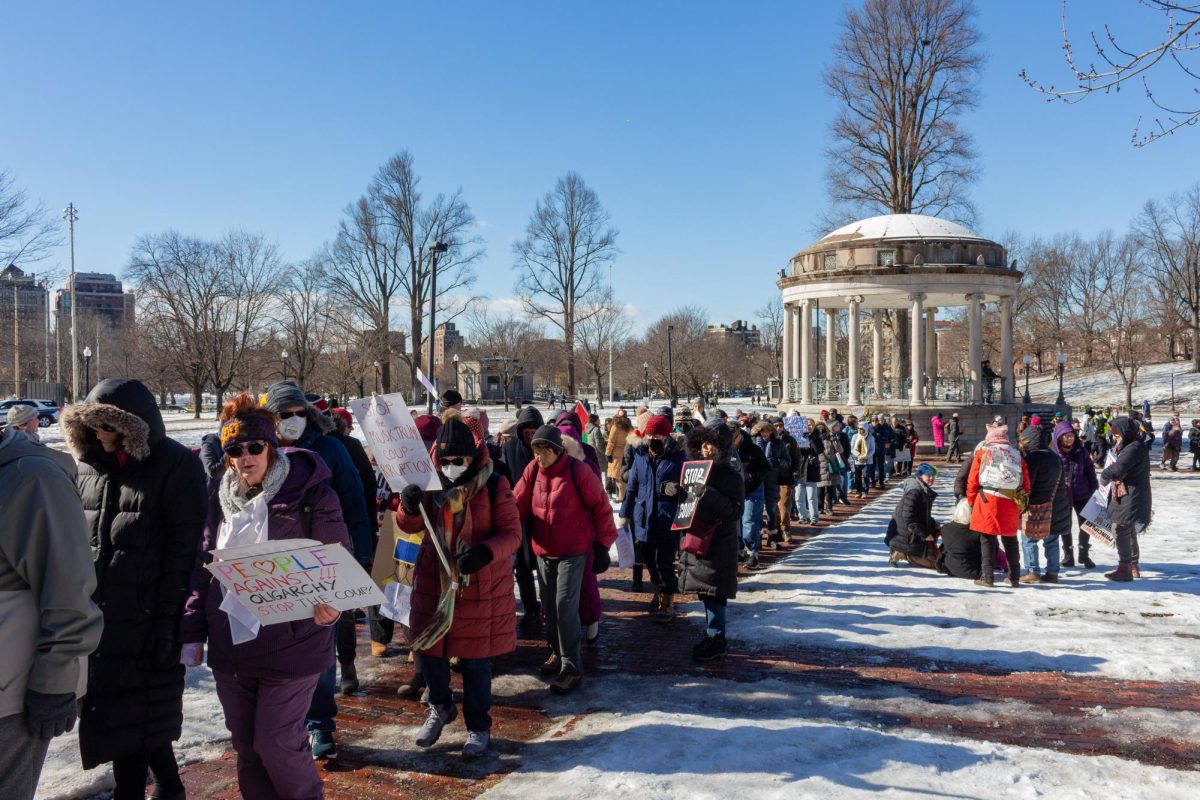By Olivia Arnold, news correspondent
The small town of Westminster, Mass. was shaken up the past few weeks by a fight over its Board of Health’s proposal to ban the local sale of tobacco products. If passed, Westminster would have become the first town in the country to prohibit the sale of legal nicotine- and tobacco-based products including cigarettes, cigars, chewing tobacco and electronic cigarettes.
Westminster residents were not willing to let the initiative pass without a fight. After the public voiced their overwhelming opposition through special meetings, open letters and media attention, the Board of Health voted 2-1 at their regular meeting Wednesday night to withdraw the tobacco ban bill.
“Although I don’t smoke, I do feel that it should be my right to choose for myself,” Douglas Ciampi, a senior at Oakmont Regional High School (ORHS), said. “And, additionally, I also saw the economic impact that it would have on the town… if the town banned [the sale of tobacco products], [local businesses] would suffer, and in turn, everyone else would suffer.”
The central Massachusetts town has a population of roughly 7,500 and is unique in that it is almost evenly divided between liberals and conservatives, with a slight tendency to vote conservatively. It is governed by elected representative boards, including the Board of Selectmen and the Board of Health. The Board of Health had been adamant that the primary motivation behind this tobacco ban was to prevent children in Westminster from taking up the habit.
“Despite state laws prohibiting the sale of tobacco products to minors, access by minors to tobacco products is a major public health problem,” said the statement of purpose in the draft of the “Regulation of the Westminster Board of Health Prohibiting the Sale of Tobacco Products” bill.
However, this reasoning was met with confusion by Westminster residents who claim that cigarette smoking by minors is not a prevalent concern in their town.
“I don’t see it as really a large issue,” Tim Caouette, a teacher and advisor for Students Against Destructive Decisions (SADD) at ORHS, said. “Nationwide, over the last ten years… high school-aged smoking has actually declined over 50 percent… [The CDC] actually hit their 2020 goal… [and] dropped the rate of high school smokers… to about 15 percent of the nationwide total.”
Although talks for the tobacco ban began in April, the discussion was kept exclusively amongst local government officials. By chance, a vendor for Vincent’s Country Store mentioned the bill to owner Brian Vincent, who became a leader for the opposition to the tobacco ban.
“If you don’t have transparent government, it pisses people off,” Kc McNally, a 30-year resident of Westminster, said. “They kept it really quiet for six to seven months, and still nobody would have known about it if it wasn’t for a vendor picking up on it.”
The perceived contradiction between the Board of Health’s statement of purpose and the actual status of underage smoking in Westminster combined with the secrecy surrounding the tobacco ban bill led to distrust between the townspeople and their elected officials. Many residents began raising questions about DJ Wilson, a lawyer and the Municipal Association Tobacco Control Director with no connection to Westminster who played a leading role in drafting the bill. Wilson was involved in a case study in which the sale of tobacco products was banned from pharmacies in 80 towns and cities in Massachusetts.
“When something like this comes down the pike, my experience tells me that there’s something else behind it that we’re not seeing, and that’s what made me look up [Wilson],” McNally said. “We have somebody who made a huge gesture by writing that proposal and… since they don’t live in town, how do they benefit from this?… I have to suspect that they’re up to something.”
On Monday, Nov. 10, the town held a Board of Selectmen meeting in the cafeteria of the Westminster Elementary School where about 30 townspeople were able to voice their opinions about the tobacco ban bill and Board of Health chairwoman Andrea Crete responded to questions.
“I think it was John Bouin, who is the town moderator, [who] asked Andrea Crete whether or not she’d still vote in favor of the tobacco ban if the people of Westminster overwhelmingly opposed it,” Ciampi said. “And in that instance, she was not willing to say that she’d vote against it.”
On Wednesday, Nov. 12, there was a special town meeting for the Board of Health to specifically address the tobacco ban. This meeting was more heavily attended. The Board set strict meeting procedures, but the gathering was still cut short when the crowd became unruly.
“There were a couple people who… were interrupting the Board during their speaking time,” Ciampi said. “I think if those people hadn’t been doing that, they would have been able to get more from the hearing.”
The tobacco ban bill was supposed to go up for a vote by the Board of Health at a December meeting. The bill would have needed votes from two of the three members to pass. However, the Board of Health shocked the town by voting on the issue at their regular meeting Wednesday night. Members Simoncini and Munro voted to drop it.
“The town is not in favor of the proposal, and therefore I am not in favor of the proposal,” Simoncini said in a public statement, according to Fitchburg’s Sentinel and Enterprise.
Crete ended up being the sole Board of Health member to vote to keep the tobacco ban bill under consideration.
“Ultimately, [Crete] was trying to do something good. She was trying to improve the quality of health on individuals,” Caouette said. “Obviously, her premise [was] flawed, in that just because kids don’t have access to tobacco products that they’re going to be more likely not to smoke. That doesn’t necessarily hold true. You can wish that to be the case, but that doesn’t always happen.”
Photo courtesy Fried Dough, Creative Commons










